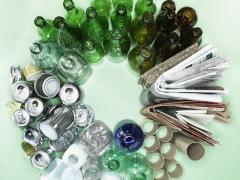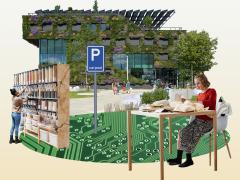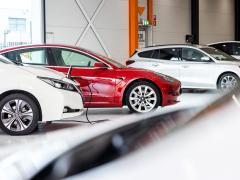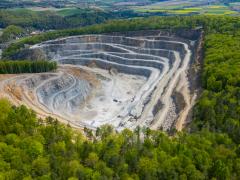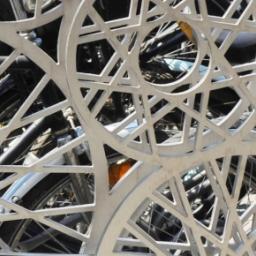Integral Circular Economy Report 2023 Assessment for the Netherlands
Every two years, the Integral Circular Economy Report (ICER) provides an overview of the status of the desired transition towards a circular economy in the Netherlands. PBL is producing this report at the request of the Dutch Government and in cooperation with other Dutch knowledge institutions.
The Dutch Government intends to achieve a fully circular economy by 2050 and to halve the use of primary abiotic raw materials by 2030. It sees monitoring as an important way of tracking the progress of the transition. This report is intended as a knowledge base for the societal and political debate on the transition towards a circular economy. It covers both physical trends in Dutch resource use, its effects on the environment and security of supply, as well as the activities undertaken by companies, citizens and government authorities to accelerate the transition. Beside the current situation around the transition towards a circular economy in the Netherlands, the report also offers tools to accelerate that transition.
The transition aims at using material resources more efficiently and in radically smaller amounts. A focus on more circular use of material resources, materials and products can reduce the negative environmental impacts, such as climate change, environmental pollution and biodiversity loss as well as the supply risks (see Figure 1).
Dutch material resource use and its impacts
The ICER 2023 provides information on the international and Dutch trends in material resource use and their associated impacts. This includes a focus on the input of material resources in the Netherlands, product use phase, and, once products leave the chain, on the losses in the form of waste.
This report shows amongst other things that the material resource use — in the Netherlands and elsewhere in the production chain — has decreased between 2018 and 2020. This was mainly due to the lockdown period during the COVID-19 pandemic, which resulted in a decrease in commuter and air travel and, therefore, to a decrease in the use of fossil energy carriers. This decrease, however, is not a structural phenomenon, and no clear decrease can be seen for the use of minerals and metals.
Transition process towards a circular economy
To track the progress of the transition process, we look at the activities various stakeholders in society are undertaking to make their production and consumption processes more circular as well as the resources they are deploying to do so. The framework in Figure 2 shows the eight key processes underlying the analysis.
So far, there is no noticeable acceleration in the transition to a circular economy in the Netherlands. Circular companies still make up no more than about 6% of the total number of Dutch companies, and financial support for circular activities has been constant for years, with about 10% of total support from the schemes surveyed. Many circular initiatives are still in an early phase, without many scale up or breakthrough activities. As yet, substantial market demand for and supply of circular products and services is lacking.
This publication contains the main findings and summary of the Integral Circular Economy Report 2023. The full Dutch report with results in more detail and further substantiation of the main findings can be found on the PBL site (see link to the right).
Authors
Specifications
- Publication title
- Integral Circular Economy Report 2023 Assessment for the Netherlands
- Publication subtitle
- Summary and Main Findings
- Publication date
- 18 April 2023
- Publication type
- Report
- Page count
- 45
- Publication language
- English
- Product number
- 5109
